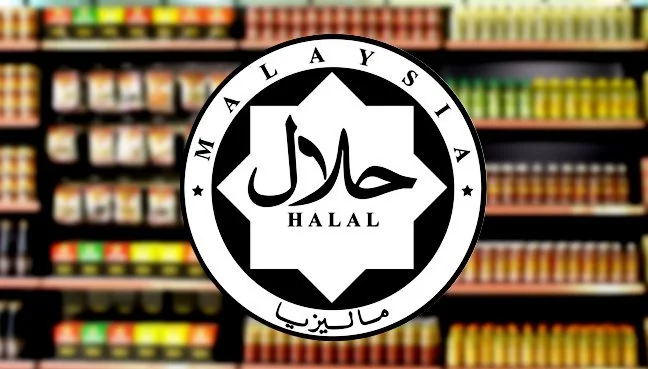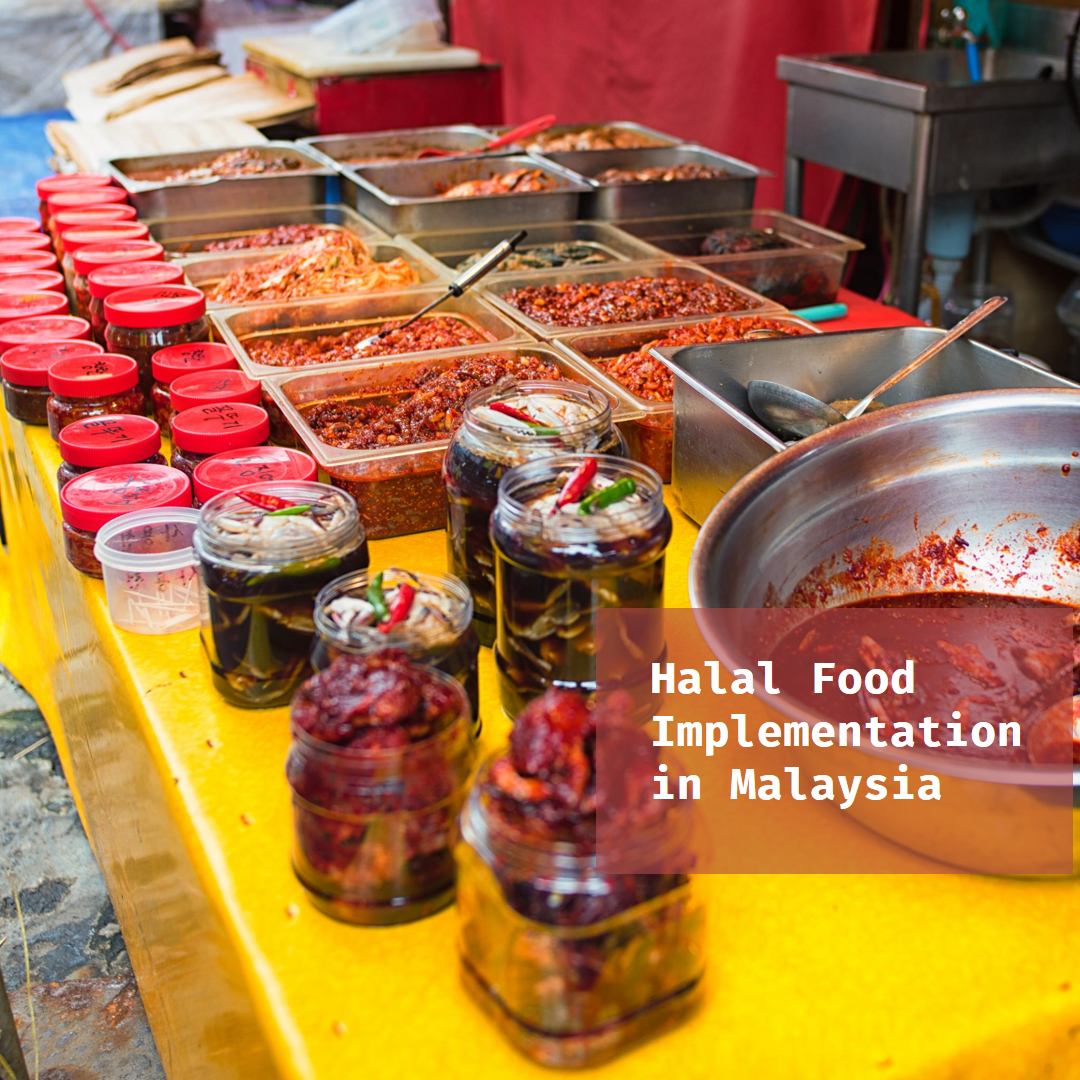Malaysia, a predominantly Muslim country, places significant importance on the adherence to Islamic dietary laws, particularly the consumption of Halal food. The concept of Halal, which means “permissible” in Arabic, encompasses all aspects of life but is most commonly associated with food. The implementation of Halal food standards is crucial for ensuring that food products consumed by Muslims meet the required religious guidelines. This review delves into the challenges, regulatory framework, scientific aspects, social factors, and economic implications related to Halal food implementation in Malaysia, drawing from the detailed findings of the journal paper “Issues of Halal Food Implementation in Malaysia.”
| Outline |
|---|
| Importance of Halal Food in Malaysia |
| Regulatory Framework for Halal Food |
| – JAKIM and Halal Certification |
| – Inconsistencies and Gaps in Regulation |
| Challenges in Halal Food Implementation |
| – Compliance Among Food Producers and Suppliers |
| – Financial and Technical Barriers for SMEs |
| – Consumer Awareness and Trust Issues |
| Scientific Aspects of Halal Verification |
| – DNA Testing and Detection of Non-Halal Ingredients |
| – Case Studies on Scientific Techniques in Malaysia |
| Social and Cultural Factors Influencing Halal Food |
| – Cultural Norms and Communal Eating Practices |
| – Consumer Behavior and Preferences |
| – Role of Education and Awareness |
| Economic Implications of Halal Food Industry |
| – Contribution to National Economy |
| – Opportunities in International Markets |
| – Economic Challenges for Producers |
| Recommendations for Improving Halal Food Implementation |
| – Strengthening Regulatory Oversight |
| – Supporting SMEs Financially and Technically |
| – Enhancing Scientific Verification Methods |
| – Increasing Consumer Awareness |
| – Promoting International Trade |
| Summary |
| FAQs |
| References |
Importance of Halal Food in Malaysia
In Malaysia, Halal food is not just a religious requirement but a cultural and societal norm. The preference for Halal food is deeply embedded in the daily lives of Malaysian Muslims, ensuring compliance with Islamic dietary laws. Halal certification assures consumers that the food products they purchase meet strict Islamic guidelines, fostering trust and integrity in the food supply chain.
Regulatory Framework for Halal Food Implementation

JAKIM and Halal Certification
The foundation of Halal food implementation in Malaysia rests on a robust regulatory framework. The country has established several Halal certification bodies, with the Department of Islamic Development Malaysia (JAKIM) being the most prominent. JAKIM is responsible for setting the standards and guidelines for Halal certification, ensuring that food products comply with Islamic dietary laws.
Inconsistencies and Gaps in Regulation
However, the paper identifies several gaps and inconsistencies within this regulatory framework. While JAKIM provides comprehensive guidelines, the enforcement and monitoring mechanisms are not always uniformly applied. This inconsistency can lead to variations in the quality and reliability of Halal certification across different regions and products. Additionally, the paper highlights the need for more stringent oversight to prevent fraudulent certification and to ensure that all certified products genuinely meet Halal standards.
Challenges in Halal Food Implementation
Compliance Among Food Producers and Suppliers
Implementing Halal food standards in Malaysia presents numerous challenges. One of the primary issues is compliance among food producers and suppliers. Many small and medium enterprises (SMEs) struggle to meet the stringent requirements for Halal certification. These businesses often lack the financial resources and technical expertise needed to comply with the complex regulations, leading to lower levels of certification among SMEs.
Financial and Technical Barriers for SMEs
The cost of certification, coupled with the need for ongoing compliance, can be burdensome for smaller businesses. These financial and technical barriers often hinder SMEs from achieving Halal certification, limiting their market potential and competitiveness.
Consumer Awareness and Trust Issues
While most Malaysian Muslims are aware of the importance of consuming Halal food, there is a degree of skepticism about the authenticity of some Halal certifications. This skepticism is fueled by occasional reports of fraudulent certification and lapses in regulatory enforcement. Building and maintaining consumer trust is essential for the success of the Halal food industry in Malaysia.
Scientific Aspects of Halal Verification

DNA Testing and Detection of Non-Halal Ingredients
Scientific methods play a crucial role in verifying the Halal status of food products. The paper highlights the use of DNA testing and other advanced techniques to ensure that food items do not contain any non-Halal ingredients, such as pork or alcohol. These scientific methods provide a higher level of assurance for both consumers and regulators.
Case Studies on Scientific Techniques in Malaysia
For example, DNA testing can detect even trace amounts of non-Halal substances in food products, which is critical for maintaining the integrity of Halal certification. The paper provides case studies illustrating how these scientific techniques have been successfully applied in Malaysia to identify and prevent contamination of Halal food products. However, the paper also notes that the widespread adoption of these technologies requires significant investment and expertise, which can be challenging for smaller businesses.
Social and Cultural Factors Influencing Halal Food
Cultural Norms and Communal Eating Practices
The implementation of Halal food standards is deeply influenced by social and cultural factors. In Malaysia, Halal food is not only a religious requirement but also a cultural norm. The paper discusses how cultural practices and beliefs impact Halal food consumption. For instance, the communal aspect of eating in Malaysia means that Halal food is often preferred even in mixed-faith settings to accommodate Muslim dietary restrictions.
Consumer Behavior and Preferences
Consumer behavior and preferences are also shaped by cultural factors. The paper highlights that many Malaysian consumers prioritize Halal certification when purchasing food products, even for items that are not typically associated with non-Halal ingredients. This preference underscores the importance of Halal certification in the Malaysian food market.
Role of Education and Awareness
Moreover, the paper emphasizes the role of education and awareness in promoting Halal food consumption. Increasing consumer knowledge about the importance of Halal certification and the processes involved can help build trust and encourage compliance among producers and suppliers.
Economic Implications of Halal Food Industry

Contribution to National Economy
The economic impact of Halal food implementation in Malaysia is significant. The Halal food industry contributes substantially to the national economy, with potential for further growth in both domestic and international markets. The paper discusses the economic benefits of a robust Halal certification system, including increased market access and consumer confidence.
Opportunities in International Markets
For instance, the global demand for Halal food is growing, providing Malaysian producers with opportunities to export their products to other Muslim-majority countries. However, the paper also highlights the economic challenges faced by producers, particularly SMEs, in maintaining Halal standards. The cost of certification, coupled with the need for ongoing compliance, can be burdensome for smaller businesses.
Economic Challenges for Producers
To address these challenges, the paper suggests several policy recommendations, such as providing financial and technical support to SMEs, streamlining the certification process, and enhancing regulatory enforcement. These measures can help ensure that more businesses can achieve and maintain Halal certification, thereby boosting the overall competitiveness of the Malaysian Halal food industry.
Recommendations for Improving Halal Food Implementation

Strengthening Regulatory Oversight
The paper calls for more stringent enforcement of Halal certification standards to prevent fraudulent certification and ensure uniform application of guidelines. This could involve increasing the resources and authority of regulatory bodies like JAKIM.
Supporting SMEs Financially and Technically
Providing financial and technical assistance to small and medium enterprises can help them meet the requirements for Halal certification. This support could include subsidies for certification costs, training programs, and access to advanced testing technologies.
Enhancing Scientific Verification Methods
Investing in scientific research and technology to improve the methods used for verifying the Halal status of food products is crucial. This could include funding for the development and implementation of new testing techniques and equipment.
Increasing Consumer Awareness
Educational campaigns to raise awareness about the importance of Halal certification and the processes involved can help build consumer trust. These campaigns could be conducted through various media channels, community programs, and collaboration with religious organizations.
Promoting International Trade
Encouraging Malaysian Halal food producers to explore international markets can provide significant economic benefits. This could involve government initiatives to promote Malaysian Halal products abroad and facilitate trade agreements with other Muslim-majority countries.
Summary
The implementation of Halal food standards in Malaysia is a complex and multifaceted issue, involving regulatory, scientific, social, and economic factors. While Malaysia has made significant progress in establishing a robust Halal certification system, there are still several challenges that need to be addressed. By strengthening regulatory oversight, supporting SMEs, enhancing scientific verification methods, increasing consumer awareness, and promoting international trade, Malaysia can further improve its Halal food implementation and continue to be a leader in the global Halal food market.
The paper “Issues of Halal Food Implementation in Malaysia” provides a comprehensive analysis of these challenges and offers practical solutions to enhance the Halal certification system. By addressing the identified issues and implementing the recommended improvements, Malaysia can ensure that its Halal food industry remains trustworthy, competitive, and capable of meeting the needs of both domestic and international consumers.
FAQs
What is the role of JAKIM in Halal food certification in Malaysia?
JAKIM, or the Department of Islamic Development Malaysia, is the primary body responsible for setting standards and guidelines for Halal certification in Malaysia. It ensures that food products comply with Islamic dietary laws and provides certification to food producers and suppliers.
What are the main challenges faced by SMEs in achieving Halal certification?
SMEs often face financial and technical barriers in achieving Halal certification. The cost of certification, coupled with the need for ongoing compliance and lack of expertise, can be burdensome for smaller businesses.
How does DNA testing contribute to Halal food verification?
DNA testing is used to detect trace amounts of non-Halal substances in food products, such as pork or alcohol. This advanced scientific method provides a higher level of assurance for both consumers and regulators regarding the Halal status of food products.
Why is consumer trust important in the Halal food industry?
Consumer trust is crucial in the Halal food industry because it ensures that consumers have confidence in the authenticity and integrity of Halal-certified products. Building and maintaining this trust is essential for the success of the industry.
What economic benefits does the Halal food industry provide to Malaysia?
The Halal food industry significantly contributes to the national economy by providing market opportunities for domestic producers and potential for international trade. A robust Halal certification system enhances market access and consumer confidence.
What recommendations can improve Halal food implementation in Malaysia?
Recommendations include strengthening regulatory oversight, providing financial and technical support to SMEs, enhancing scientific verification methods, increasing consumer awareness, and promoting international trade. These measures can help address current challenges and improve the overall Halal food implementation.
Reference
Issues of Halal Food Implementation in Malaysia
Halal Food Implementation In Malaysia: How to Emulate

